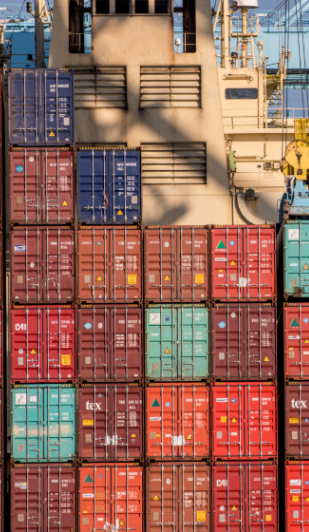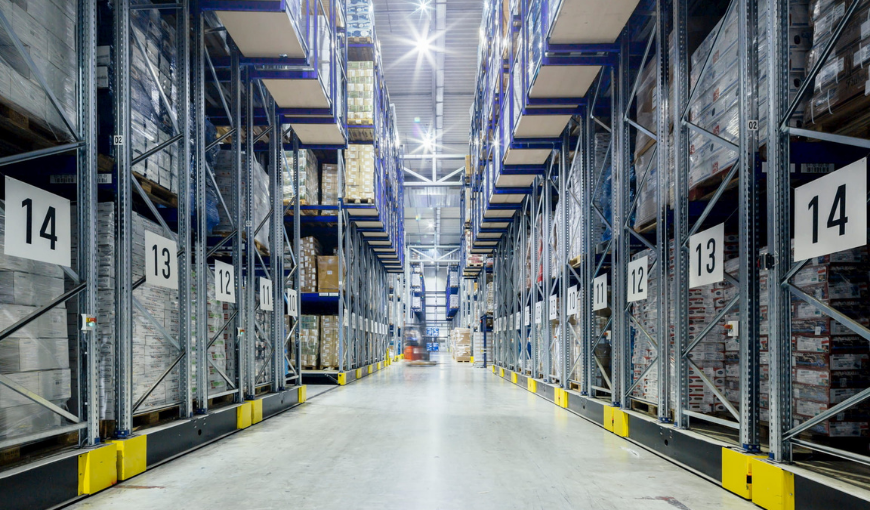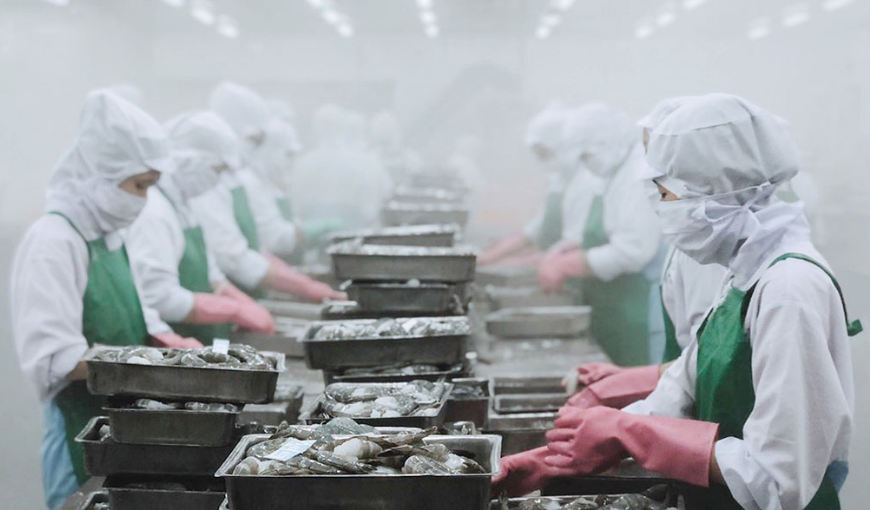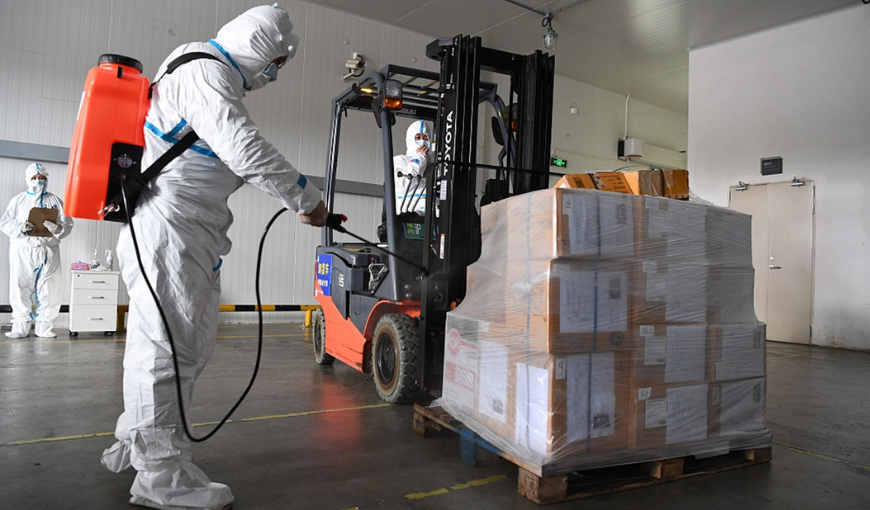10 events significantly impact on seafood supply chain in 2021
MEKSEA.COM – We have 2021 with many impacts of the global covid-19 epidemic. Which has affected the global economy, including the seafood supply chain. Below Meksea is a summary of 10 significant events that impact seafood export in 2021.

Quick view
- 1 1. Delta variant threatened seafood supply chain
- 2 2. Lack of empty containers had a significant impact on the seafood supply chain
- 3 3. Suez Canal crisis impacted on seafood supply chain
- 4 4. Ocean freight rates even more crisis due to disruption at China’s ports
- 5 5. Congestion of the EU – US shipping route caused seafood containers to be delayed
- 6 6 Pangasius prices increase
- 7 7. Shrimp raw material prices fluctuating
- 8 8. China tightens regime for seafood imports
- 9 9. Changing seafood consumption demand
- 10 10. The threat of the Omicron variant to the seafood industry.
1. Delta variant threatened seafood supply chain
In 2021, the global economy could lose over 3.3 billion USD due to covid-19, over tens of million people lost their jobs, global supply chains disrupted, seafood exports are significantly affected.
Moreover, the seafood trade in India and some countries in Southeast Asia were disrupted due to a lack of labor and social distancing. Which caused interruptions in processing and production activities.
2. Lack of empty containers had a significant impact on the seafood supply chain
 After overcoming a difficult 2020 due to the covid-19 outbreak, the global economy started to recover at a significantly fast speed. This leads to a lack of empty containers due to a wave of purchases. Therefore, the transportation of goods from China to Europe and the US was delayed, businesses and consumers suffered from high prices.
After overcoming a difficult 2020 due to the covid-19 outbreak, the global economy started to recover at a significantly fast speed. This leads to a lack of empty containers due to a wave of purchases. Therefore, the transportation of goods from China to Europe and the US was delayed, businesses and consumers suffered from high prices.
Even many seafood export enterprises reject orders due to having no containers, the global seafood supply chain was disrupted.
3. Suez Canal crisis impacted on seafood supply chain
On March 23, 2021 – one of the largest container vessels in the world – EverGreen was stuck in Suez Canal on its way from Asia to Europe. The incident halted the movement of other ships in both directions on the Suez Canal, causing congestion in one of the world’s busiest shipping routes. As a result, the international flow of goods worth 9 billion USD a day is severely disrupted.
The delay in shipping has severely affected the global seafood supply chain, which has been pain by covid-19. Moreover, due to congestion, the container vessels had to move on other routes that are farther away, taking more time and costs. For example, if following the route around Cape of Good Hope in Southern Africa can take more than 2 weeks. It means you have to spend more fuel costs.
4. Ocean freight rates even more crisis due to disruption at China’s ports
The resurgence of the covid-19 pandemic outbreak made the operation of seaports in Southern China has an impact on seafood export. Provincial governments were forced to order the closure of many areas and businesses to prevent the virus from spreading. It led to congestion at major ports in Shenzhen and Guangzhou. As a result, congestion at major seaports, delays in deliveries have blown up already high shipping rates even higher because of the length of time cargo ships wait at the port.
5. Congestion of the EU – US shipping route caused seafood containers to be delayed
Congestion at seaports caused the seafood import-export in the US and EU spend high transportation costs, many orders delivered lately, even 2-3 months.
In addition, the congestion of the EU – US shipping route caused many seafood enterprises to face higher freight rates, longer shipping time and so on. This seriously affects many seafood enterprises.
Read more: MEKSEA’s assessment of ocean freight rates at the end of the year
6 Pangasius prices increase
Pangasius is a kind of frozen seafood that is very suitable for consumption demand in the context of covid-19 because of its convenience, ease to store and preparation at home.
However, due to the impact of the covid-19 pandemic, farming activities tended to decrease, input material supply was disrupted, transportation was restricted have affected pangasius production, processing and export.

In some pangasius raw material countries, social distancing has caused a series of enterprises to suspend production and thousands of workers to lose their jobs. Therefore, the warning of a shortage of raw materials for production. Especially pangasius size 0.8-1kg, items are requested and sought by importers. This has had a strong impact on pangasius import and export prices, which have increased rapidly around the world.
Read more: Latin America increased pangasius imports from Vietnam
7. Shrimp raw material prices fluctuating
Due to the impacts of covid-19, the price of shrimp raw material had many fluctuations. In Vietnam, the world’s leading shrimp exporter, as well as Thailand, Ecuador, etc., shrimp exports in 2021 have been severely affected.

In the past time, farming, purchasing, production and transportation have been continuously interrupted by covid-19. Immediately after the social distancing was eased, the price of raw shrimp increased dramatically. But not long after that, as soon as the distance returned, the price of raw shrimp decreased again.
Moreover, Covid-19 has affected the fear of farmers, so the source of raw shrimp for demand by the end of 2021 will be severely short, which is expected to last until 2022.
8. China tightens regime for seafood imports
In the complicated situation of covid-19, according to the General Administration of Customs of China, their country strengthen the inspection of frozen seafood imports from other countries. Frozen seafood imported into China is strictly inspected, especially in countries with severe covid-19 epidemics and the appearance of the Omicron variant.

Many seafood packets were infected with Covid-19 on the packaging, so at border gates and ports, the process of disinfecting containers and checking external samples became strict. In countries where there is an outbreak and Covid-19 is detected on the packaging during customs clearance, the packaging must be disinfected from both countries. Many shipments when imported into China are 100% directly inspected, making customs clearance more slow and difficult to avoid congestion at border gates and seaports.
Even in early December 2021, when the virus was detected in samples of frozen seafood products imported from Indonesia, China announced to suspend imports of frozen seafood from this country.
9. Changing seafood consumption demand
If in 2019, the world demand for seafood increased sharply due to the partial impact of African swine fever. By 2021, the demand for seafood consumption has also changed markedly due to the impacts of Covid-19.
In the context of a complicated epidemic, the demand for fresh seafood for restaurants and tourist areas has decreased sharply. Most consumers prefer convenient frozen seafood products at home, easy to prepare and have a low price, but still enough nutrients. It is estimated that in 2021, seafood consumption will increase to 22.5kg/person/year.
10. The threat of the Omicron variant to the seafood industry.
We used to be glad that the introduction of vaccines and specific drugs to treat covid-19. However, the emergence of the fast-spreading Omicron variant has made the journey out of the disease even more difficult. Moreover, the Omicron variant is warned by the WHO as a “SARS-CoV-2 Variant of Concern”
Read more: Omicron will continue to threaten the seafood supply chain in 2022
Policymakers and scientists warned that covid-19 will continue to plague the world in 2022 and the future until the global immune system is large enough to become endemic.
|
Contact us today to take advantage of the Winter Offers promotion √ Free 2 seafood product sample packets which your market is in demand for each order from 2 cont. √ Free (L/C fee) 30 days deferred payment L/C for Asian orders and 45 days for EU and US orders. √ Especially discount up to 1-2-3-4-5 cent for 2nd – 3rd – 4th -5th – 6th container for all orders. *The promotion is valid from Dec 15th to Jan 15th, 2022. |

Email: sales@mekseconnection.com
WhatsApp: +84 903 872 469
By Hayati (Meksea Team)
(hayati@mekseaconnection.com)
If you found this topic interesting, please click the Like button below, so we may continue to expand this topic. Leave a comment with your thoughts for the author team to discuss


